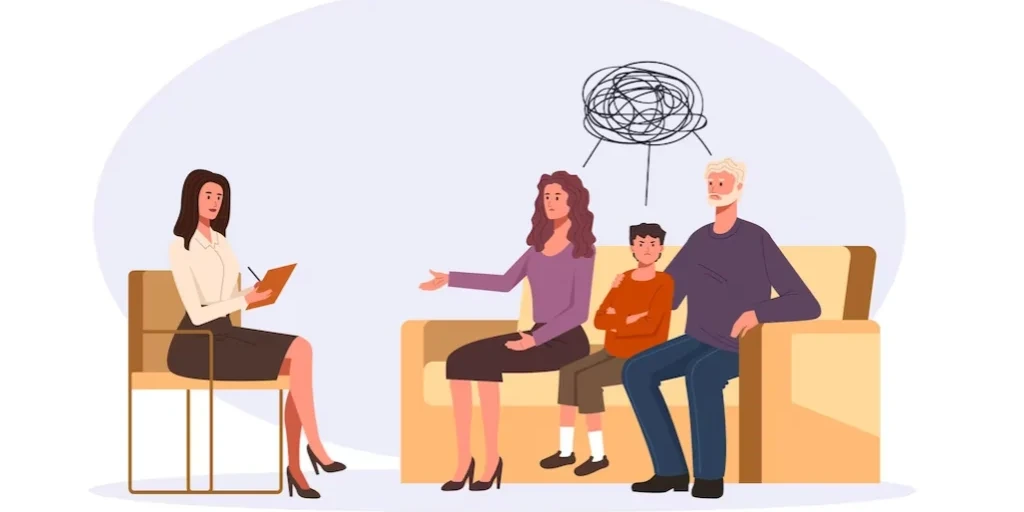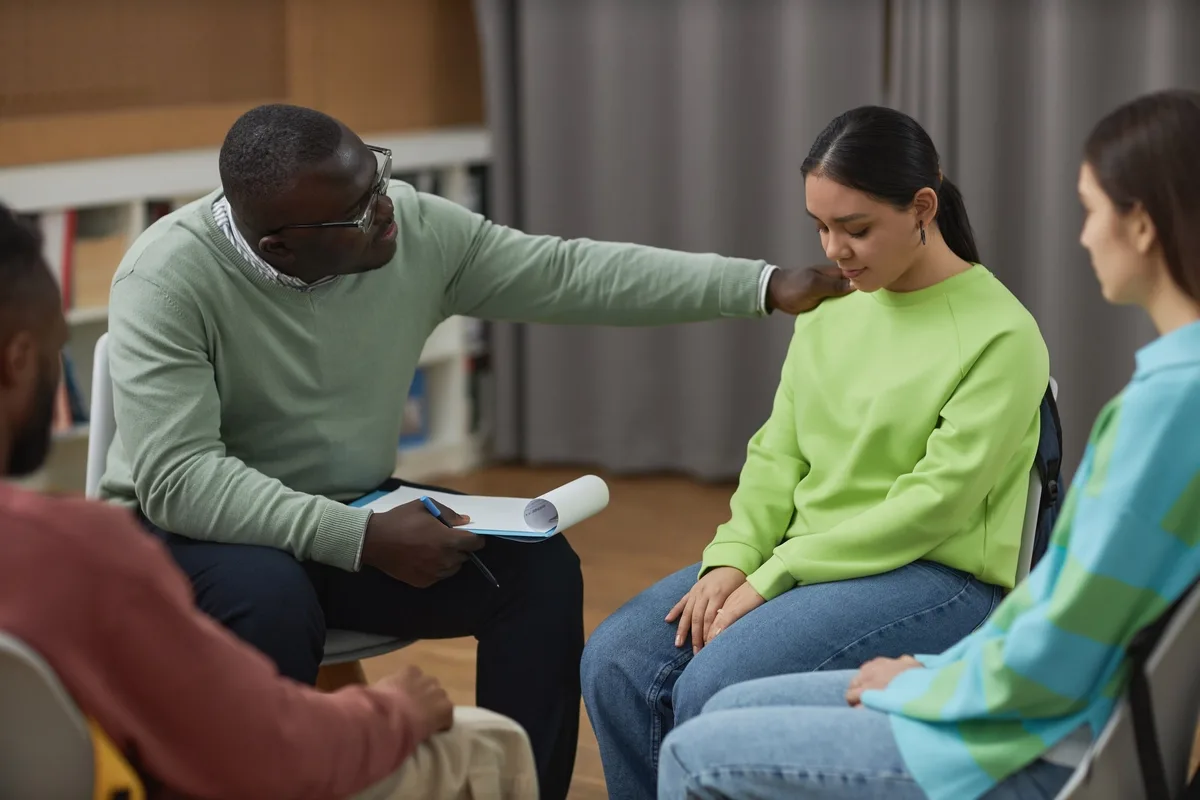24/7 Helpline:
(866) 899-221924/7 Helpline:
(866) 899-2219
Learn more about Morphine Rehab centers in Blackwell

Other Insurance Options

BlueCross

Health Choice

GEHA

Aetna

Ambetter

Amerigroup

Sliding scale payment assistance

Oxford

Anthem

Absolute Total Care

American Behavioral

Sutter

State Farm

Access to Recovery (ATR) Voucher

BHS | Behavioral Health Systems

Highmark

Meritain

UMR

Health Partners

Coventry Health Care


Tonkawa Tribe – Substance Abuse Program
Indian Alcohol and Substance Abuse Tonkawa Tribe of Oklahoma offers outpatient services for people s...

Edwin Fair Community Mental Health Center – Kay County
Edwin Fair Community Mental Health Center – Kay County is a private rehab located in Ponca City, Okl...

Bridgeway
Bridgeway is located in Ponca City, Oklahoma. Bridgeway provides substance abuse treatment.

Ponca City Rightway Medical
Ponca City Rightway Medical is a private rehab located in Ponca City, Oklahoma. Ponca City Rightway ...



































Alpha II
Alpha II is a private rehab located in Tonkawa, Oklahoma. Alpha II specializes in the treatment of a...

































